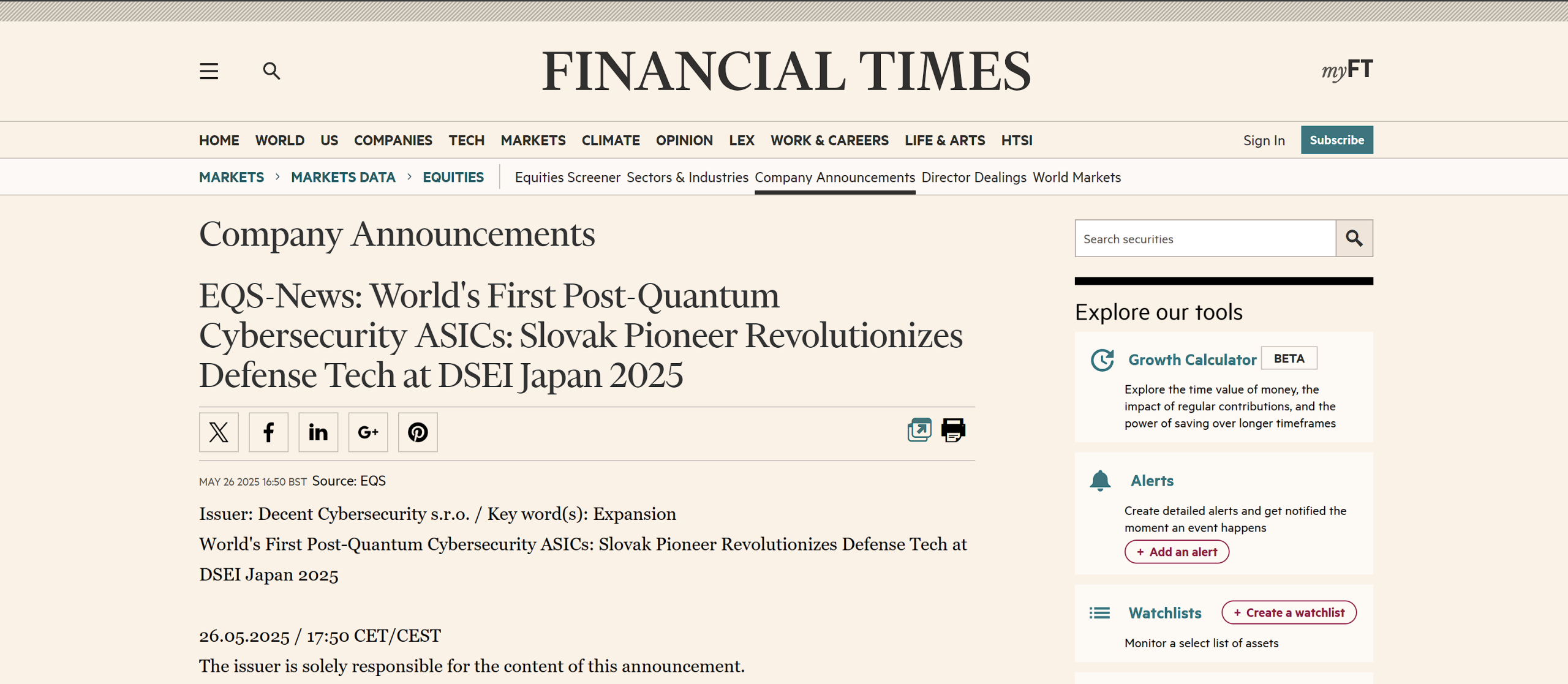In the digital age, cloud storage has become a cornerstone of data management, offering flexibility and scalability. However, the advent of quantum computing presents new challenges to the security of cloud storage systems. Quantum-proofing these systems is essential to safeguard against potential quantum computer-based attacks. This article delves into the strategies and challenges involved in making cloud storage resistant to quantum computing threats.
Understanding the Need for Quantum-Proofing Cloud Storage
Quantum computing holds the potential to break many of the cryptographic algorithms currently securing cloud storage. Algorithms like RSA and ECC, which are computationally challenging for classical computers, could be easily decrypted with quantum algorithms such as Shor’s algorithm. This vulnerability necessitates a transition to quantum-resistant cryptographic methods to secure cloud data against future quantum threats.
Strategies for Quantum-Proofing Cloud Storage
Post-Quantum Cryptography (PQC): PQC involves developing and implementing cryptographic algorithms that are secure against both classical and quantum computer attacks. These algorithms are based on mathematical problems that are believed to be difficult for quantum computers to solve.
Quantum Key Distribution (QKD): QKD uses the principles of quantum mechanics to securely distribute encryption keys. While more challenging to implement on a large scale like cloud storage, QKD offers a high level of security that is theoretically immune to quantum attacks.
Hybrid Cryptographic Systems: Combining classical and quantum-resistant algorithms can provide both immediate security and long-term quantum resistance. This approach allows for a more gradual transition to fully quantum-resistant systems.
Challenges in Quantum-Proofing Cloud Storage
Scalability: Implementing quantum-resistant algorithms on a scale as large as cloud storage infrastructures presents significant challenges. It requires substantial computational resources and could impact the efficiency of cloud services.
Standardization: The lack of standardized quantum-resistant algorithms makes it difficult for cloud service providers to uniformly secure their systems against quantum threats. Global consensus and industry-wide standards are necessary for coherent and effective implementation.
Adaptation to Emerging Threats: Quantum computing is a rapidly evolving field, and cryptographic strategies must continuously adapt to new threats. This dynamic landscape requires ongoing research and development.
Conclusion
Quantum-proofing cloud storage is a complex but essential task in ensuring the long-term security of cloud-based data. As quantum computing advances, it is imperative to implement robust quantum-resistant cryptographic methods. The challenges of scalability, standardization, and adaptation to emerging threats are significant, but they must be addressed to safeguard the vast amounts of data stored in the cloud. The journey to quantum-proof cloud storage is not just about upgrading existing systems; it’s about rethinking and fortifying our digital infrastructure against the unprecedented power of quantum computing.





